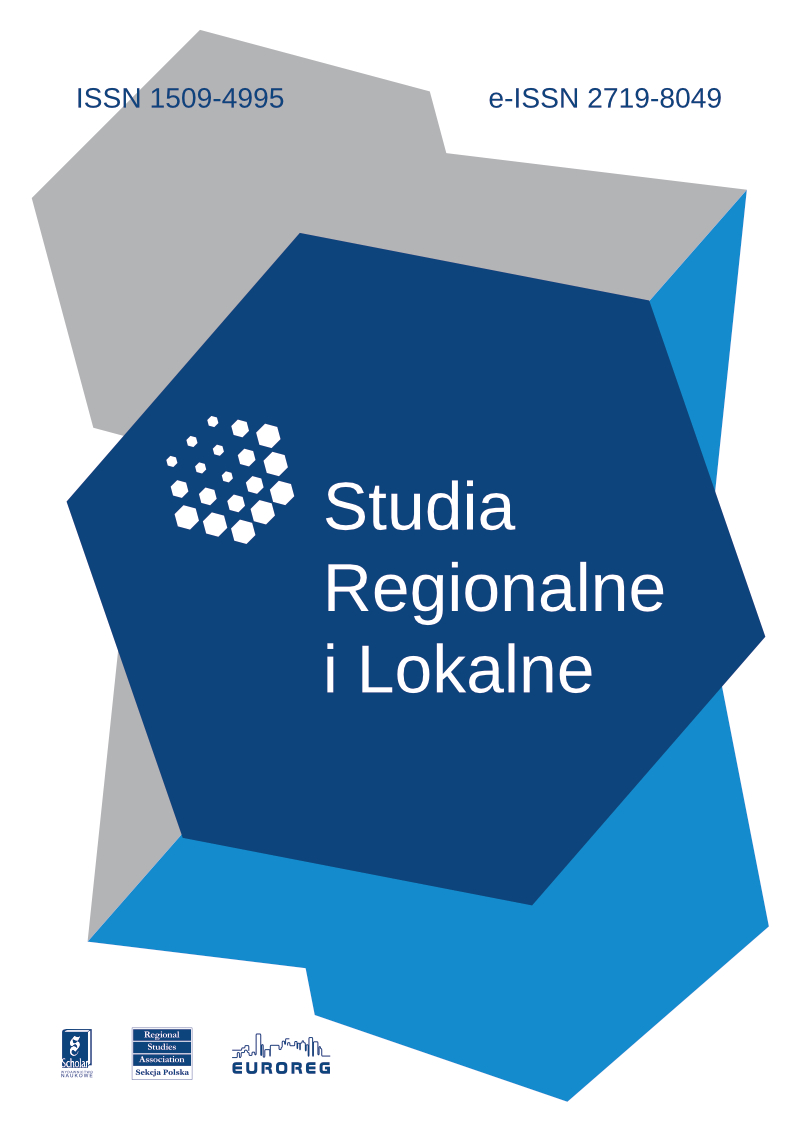Opublikowano w numerze
5(Special Issue)/2009 (no guest editor)

- Małgorzata DymnickaFragmentation of Public Space - An Attempt at Recomposition[więcej]
- Anna Gąsior-Niemiec, Georg Glasze, Dorothea Lippok, Robert PützGating a city: The case of Warsaw[więcej]
- Grzegorz GorzelakThe City as an Object of Economic Research: from City-Market to City-Element of a Global System[więcej]
- Ewa RewersSegregation of Alien Bodies: Order and Exclusion[więcej]
- Maciej Smętkowski, Bohdan Jałowiecki, Grzegorz GorzelakMetropolitan Areas in Poland - Diagnosis and Recommendations[więcej]
- Marek S. Szczepański, Weronika Ślęzak-TazbirSmells of the City. Fragmentation and Privatisation of City Space from an Osmosociological Perspective[więcej]


